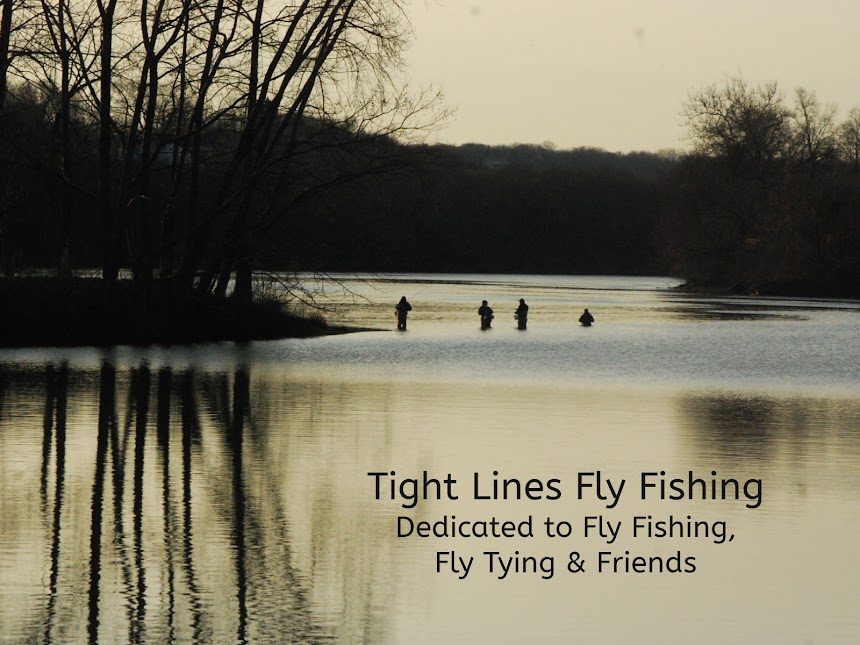Trout Bane
Photo courtesy of Johnny Utah
Hook: Daiichi 1550 Size #16-24. Tying thread: Uni 8/0 Light Cahill.
Tail: Pheasant tail fibers.
Abdomen: Thread with pheasant tail fibers tied in on
top.
Rib: Thread.
Rib: Thread.
Thorax: Light yellow U.V. Ice Dub.
Legs: Pheasant tail fibers.
Top of nymph: Coated with 5 minute epoxy or U.V. resin.
This fly is a great variation
of a pheasant tail. It was developed by
an innovative fly tyer from New Jersey named Johnny Utah. Thanks to
Johnny for his help and generosity with this Fly of the Month. Photo also courtesy of Johnny. His website can be accessed at www.utahsflycorner.com . There are
some great fly patterns there!!!
The Trout Bane is simple to
tie, very effective, and extremely durable. Start the thread at the
eye. Wrap down the hook to form a
tapered nymph body/abdomen. Tie in your
tail of pheasant fibers with two wraps of thread. For larger flies use 6-8 fibers, smaller ones
3-4. The tail should be half a hook
shank length. The tag ends of the fibers
will become your abdomen top, wing case, and legs. Pick up your fibers and advance your thread. Lay your fibers down and take two more thread
wraps over them. Continue doing this for
¾ of the hook shank. This will create a
segmented abdomen on your fly. Bind your
pheasant tail fibers back and dub your thorax of UV dubbing. Bring the pheasant tail fibers forward to
create your wing case. Take a couple
tight wraps to bind the fibers down.
Sweep the fibers behind and under the fly to form the legs. As with a traditional pheasant tail, make
sure you split the legs equally on each side of the fly. Trim your legs to length. Give the top of the nymph a coat of U.V.
resin or 5 minute epoxy.
If
you have any questions about this fly or would like to submit a pattern of the
month I can be reached at 203 305-3850 or e-mail me at pdinice@snet.net . This pattern can also be
viewed at www.hffa.net . Below is a video from Jonny Utah on how to tie the Trout Bane.


No comments:
Post a Comment